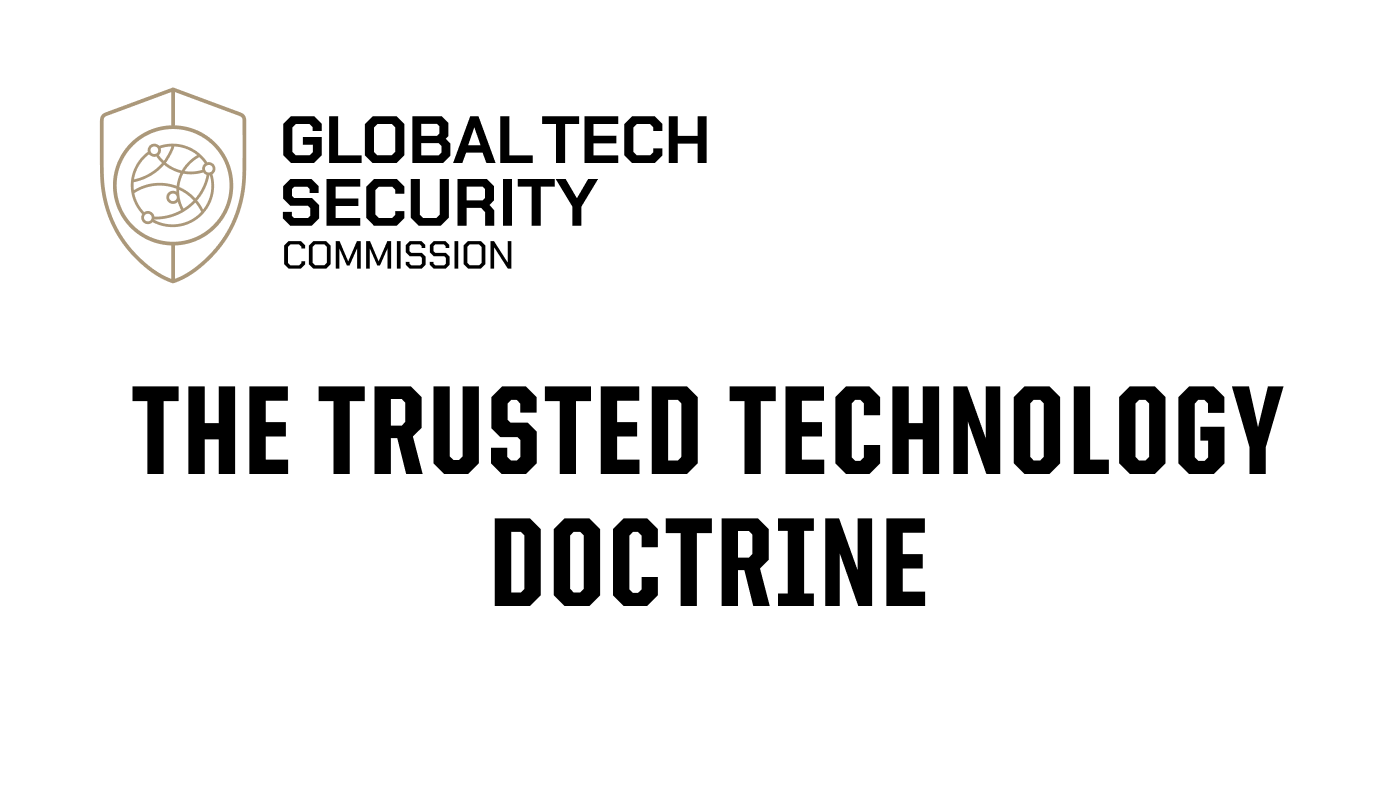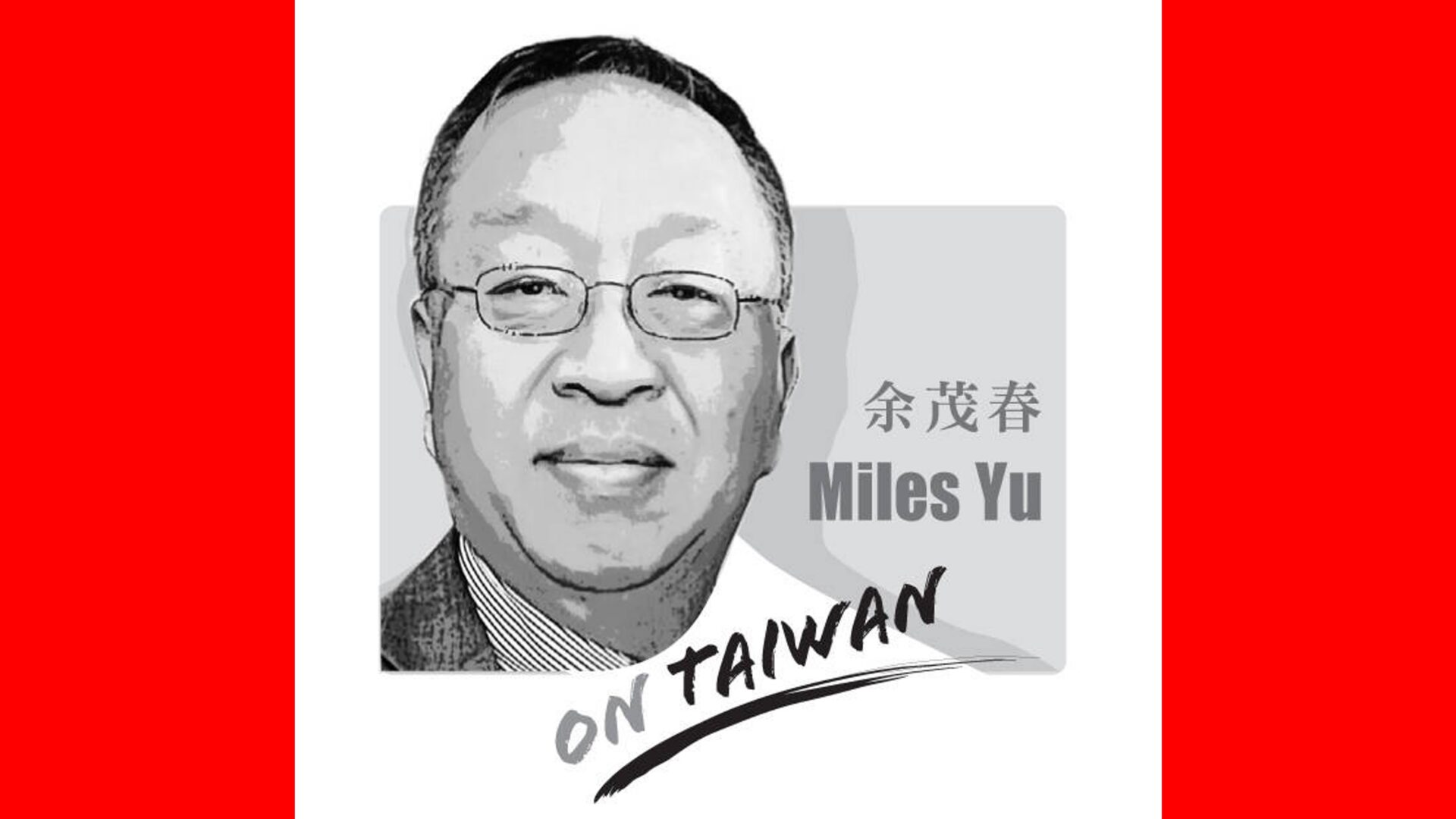
Global Tech Security Commission: Trusted Tech Doctrine
The Trust Doctrine embodies the belief in the primacy of trust as the foundation of peaceful relationships. Trust is firmly grounded in integrity, accountability, transparency, reciprocity and a profound respect for the fundamental pillars of free societies, such as the rule of law, human rights, property rights, fair labor practices, responsible environmental stewardship, freedom of expression, and national sovereignty.
Read the Trusted Technology Doctrine here:
Related Posts

article
The Era Of ‘Tech Diplomacy’ Is Here
Technology is the new frontier of international relations. The interaction is bi-directional: technology is defining diplomatic matters while diplomacy is also influencing the development and deployment of technology. Take semiconductors as an example. This is a technology that forms the foundation of digital economy, national security, and productivity in almost all industries. Global supply chain in the semiconductor industry is shaping U.S. foreign policy. Conversely, America’s diplomatic effort has been redefining the supply chain. Tech diplomacy is different from science diplomacy, which became a key pillar for the U.S. and other countries since World War II. Scientists participated in treaty negotiations, engaged in bilateral summits and served as attachés at embassies. Primary topics included nuclear proliferation, super-collider construction, human space exploration and environmental science.

By: Miles Yu
article
Miles Yu On Taiwan: China’s lessons—and fears—from the Wagner revolt in Russia
For over a century, tumultuous events thousands of miles away in Russia have impacted China profoundly. Mao Zedong (毛澤東) famously said that the cannon sound of the October Revolution brought Marxism-Leninism to China. Now Xi Jinping (習近平) fears that last month’s Wagner revolt may provide a model for the Chinese Communist Party’s undoing.